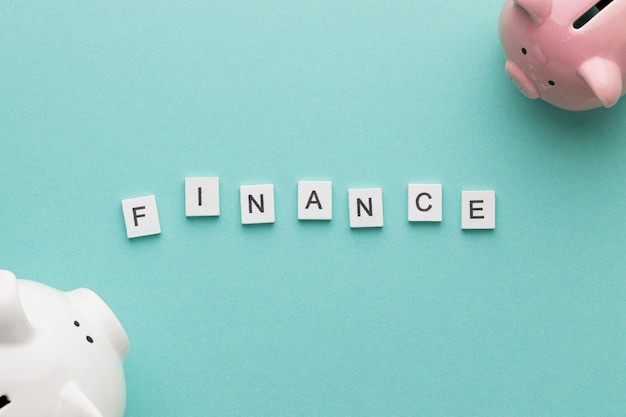
Good morning! Today, we have Anton Ivanov with us to discuss Financial Independence. Anton is a passionate financial writer, a successful investor, and an enthusiastic entrepreneur. He loves helping others achieve financial independence and shares his insights on Financessful.
Financial independence is a term we hear all the time nowadays. It’s a hot topic in conversations, media, and all over the internet. And it’s no wonder – many people see it as the ultimate goal in life, often equated with retirement. While this concept has different meanings for different people, some have a clear idea of what being financially free means, while others might only have a vague understanding. Today, I’d like to explain what financial independence means to me and why it can be challenging to achieve.
**Financial Independence is the Freedom of Choice**
Most working adults don’t have the freedom to decide not to go to work on a whim. They rely on their job for income, which covers their needs like food, shelter, and entertainment. Because of this, they can’t afford to quit and spend their days as they please. Many people end up working for decades, and without good financial habits or an understanding of saving and investing, they might find themselves tied to their jobs for life.
**What Does Financial Independence Really Mean?**
Achieving financial independence means breaking free from this dependency. It gives you the power to choose how to spend your time. Want to work? Go ahead. Want a beach day? No problem. Dream of a month-long trip to South America? You can do that too. And if you decide never to work another day in your life, you have that option as well. When your job aligns with your passion, financial independence allows you to live the lifestyle of your dreams.
**The Price of Freedom**
However, reaching financial independence isn’t easy. You need a steady income to replace your salary and support your desired lifestyle. This income usually comes from assets like bonds, dividend stocks, rental properties, or savings accounts. Life can be divided into two phases: the working phase and the retirement phase. During the working phase, you aim to maximize your income and acquire assets to build wealth. In the retirement phase, these assets generate the income needed to sustain your lifestyle.
**Ignoring the Basics Will Get You Nowhere**
A lack of financial common sense is a huge obstacle for many. People might talk about wanting to retire early, but they live paycheck to paycheck without saving anything. They might work extra jobs to earn more but then spend it all and get into debt. Money management isn’t that hard – if you budget, cut unnecessary spending, avoid debt, and save and invest, you can achieve your financial goals. Developing good financial habits takes some effort, but the rewards last a lifetime.
A big issue is the lack of financial education. Many grow up with no practical knowledge about managing money. However, this can change. Plenty of excellent finance books and online resources provide valuable information. If you feel financially illiterate, it’s up to you to seek out knowledge.
**Maximizing Your Income**
One effective way to increase income and build wealth quickly is through business ownership. Unlike jobs where it may take years to climb the corporate ladder, a successful business can grow faster. Even if you don’t quit your job immediately, anyone can develop a profitable business regardless of their background.
Fear often holds people back. Fear of leaving a stable job, losing income, or failing in business can stop individuals from pursuing entrepreneurial opportunities. However, overcoming these fears can open up numerous opportunities leading to financial independence.
**Defining Financial Independence**
How do you define financial independence? What’s stopping you from achieving it within the next 5-10 years?
